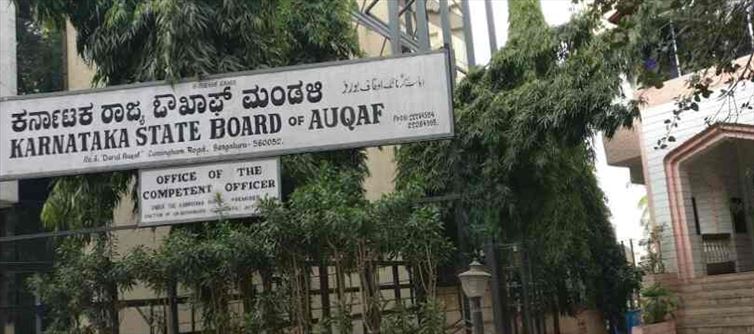
The Waqf Board, an entity responsible for managing Muslim endowment properties, asserts that these regions are Waqf properties, meaning they are recognized under Islamic law as lands or buildings dedicated to charitable or religious purposes. This claim, if substantiated, could potentially reshape the legal status of these properties and the rights of businesses currently operating there, creating uncertainty for property owners and businesses alike.
The assertion has raised questions about property rights and the process of property classification in india, especially for areas with historical ties to religious trusts. Over time, land management and property ownership in india have evolved significantly, with lands originally dedicated for religious or charitable purposes often being used for various other functions. If the Waqf Board’s claim holds legal standing, it could lead to complex negotiations over rent, tenancy rights, and potential compensation. The board could impose new conditions or demand regular contributions, which might affect businesses financially. For shop owners and property developers, this uncertainty could lead to apprehension about long-term investments in these areas, possibly impacting Bengaluru’s broader commercial landscape.




 click and follow Indiaherald WhatsApp channel
click and follow Indiaherald WhatsApp channel